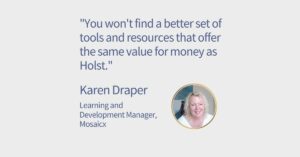Want to go freelance? Finance tips for the lone trader

Going freelance has many benefits, but also means that you are now solely responsible for your finances. Yet freelancer finance skills aren’t usually top of the list when starting out.
Unfortunately, many freelancers fail not because they aren’t skilled, but because they lack the required financial literacy to run their business effectively. We’ve collected four finance tips to help get you started:
1 Take Responsibility Ignoring your finances is the worst thing you could do. If you have no financial experience, consider taking a course to educate yourself. You must learn to handle paying your invoices, paying yourself, and paying your taxes.
2 Track Your Finances Carefully Careful tracking of all your financial information is not only essential for building up the big picture of your business’s finance but can also benefit you financially. If you have allowable expenses, such as office and travel costs, you can reduce your taxable profit.
3 Understand Your Cash Flow As a freelancer, it is almost inevitable that some months you’ll earn more and some you’ll earn less. When you do earn more, you must get into the habit of saving ready for a poor month, or you could end up with months where your income does not support your lifestyle.
4 Get Professional Help When Necessary Depending on whether you are self-employed or trading as a limited company you will have different obligations regarding tax and national insurance. If you do not understand what the government legally requires you to do seeking expert advice is better and cheaper than making mistakes. Discover the finance fundamentals and develop the freelancer finance skills you need to make your business a great business with our one-day financial literacy training workshop Colour Accounting™.





